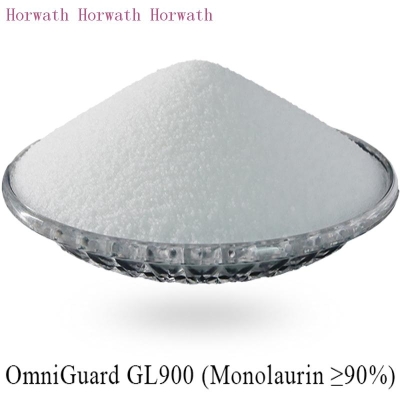US soybean subsidy lawsuit brought by Brazil against WTO may affect soybean price
-
Last Update: 2001-08-30
-
Source: Internet
-
Author: User
Search more information of high quality chemicals, good prices and reliable suppliers, visit
www.echemi.com
Introduction: if the WTO accepts Brazil's lawsuit on US soybean subsidies, the prices of the world's major commodities will rise to varying degrees This was mentioned by the Brazilian Ministry of agriculture on Monday Brazil, as the second largest soybean producer after the United States, recently asked the WTO to convene all member countries to judge whether the United States soybean subsidies violated the free trade agreement under the Uruguay Round negotiations in 1994 Carlos nayro Coelho, a special spokesman for Brazil's agricultural policy, told Reuters that the U.S policy of subsidizing production losses to soybean producers has led to lower world soybean prices, and the economic losses caused by this policy to Brazil each year are up to US $1 billion "This decision is particularly important for Brazilian soybean producers who have already suffered serious economic losses from the US soybean subsidy policy I calculated that if it is not for the US soybean subsidy policy, the world soybean price is 30 cents higher than the current price " If the WTO agrees to form an investigation team and the final result is that what Brazil has complained is true, it will also judge the overall economic loss brought by the US soybean subsidy policy to Brazil, Coelho said Then other soybean producers such as Argentina will also sue the WTO organization for the loss caused to Argentina by this policy, "this policy is established The difference of production cost among soybean producing countries determines the low market price Without this subsidy policy, American farmers would not be able to plant so many soybeans, and the price of soybeans in the international market would be buffered from the decline of supply, thus stabilizing and increasing " He said the WTO would respond to Brazil's lawsuit in the coming week Soybean is the most valuable commodity exported by Brazil In 2000, the output value created by shipment and export has exceeded 4 billion US dollars, becoming the largest economic pillar in Latin America In recent years, the export of Brazil's soybean and bean products has set a new record At present, Brazil's soybean production is expected to be 38 million tons, and its export is expected to exceed 25 million tons Analysts in Brazil and the United States believe that it will be more difficult for American farmers to compete with Brazilian soybeans in the international market in the future Cheap land, endless exploitation of land resources, and an alarming increase in per unit yield, coupled with cheap labor, will make Brazil the largest soybean producer in more than a decade.
This article is an English version of an article which is originally in the Chinese language on echemi.com and is provided for information purposes only.
This website makes no representation or warranty of any kind, either expressed or implied, as to the accuracy, completeness ownership or reliability of
the article or any translations thereof. If you have any concerns or complaints relating to the article, please send an email, providing a detailed
description of the concern or complaint, to
service@echemi.com. A staff member will contact you within 5 working days. Once verified, infringing content
will be removed immediately.







